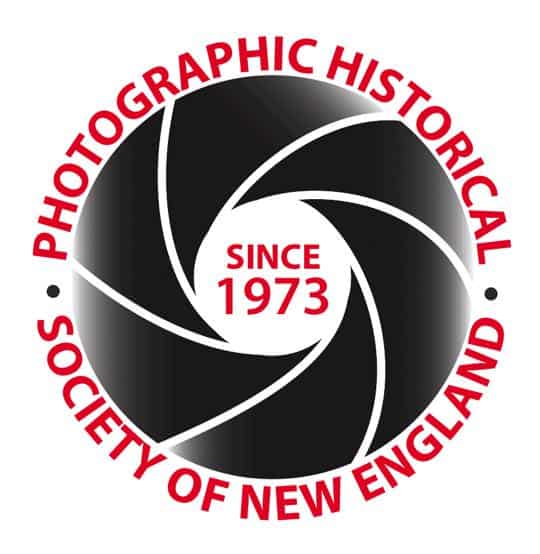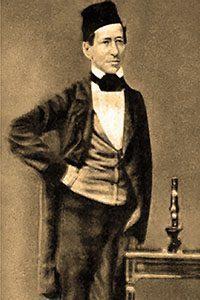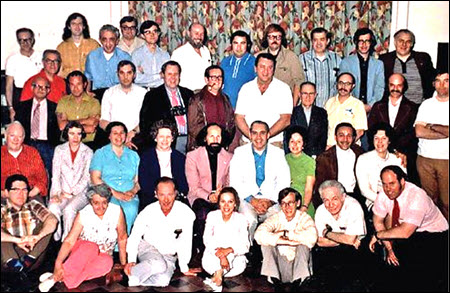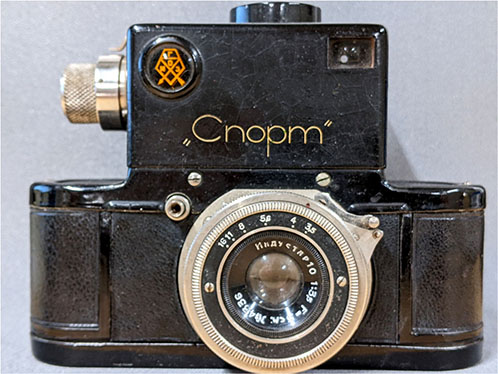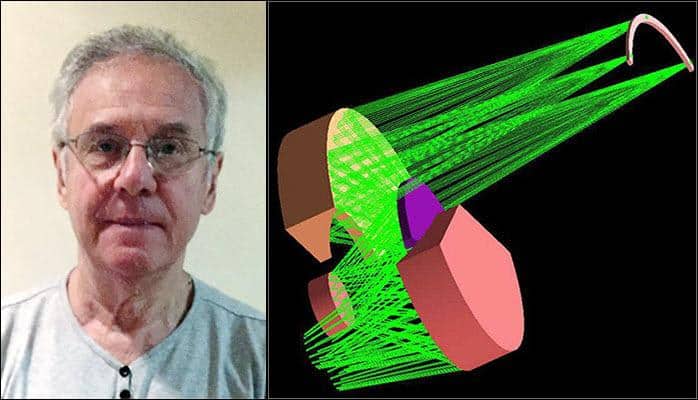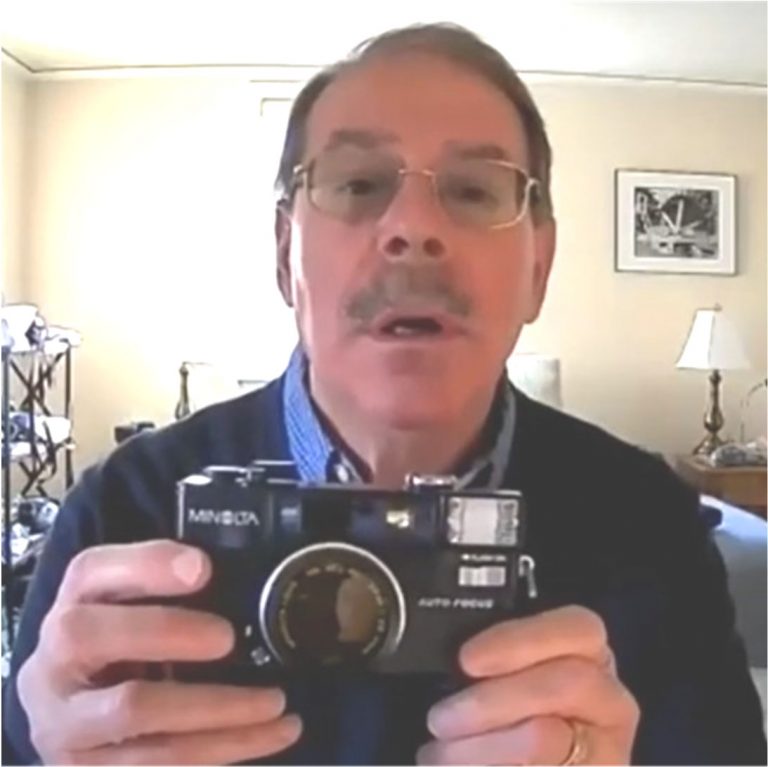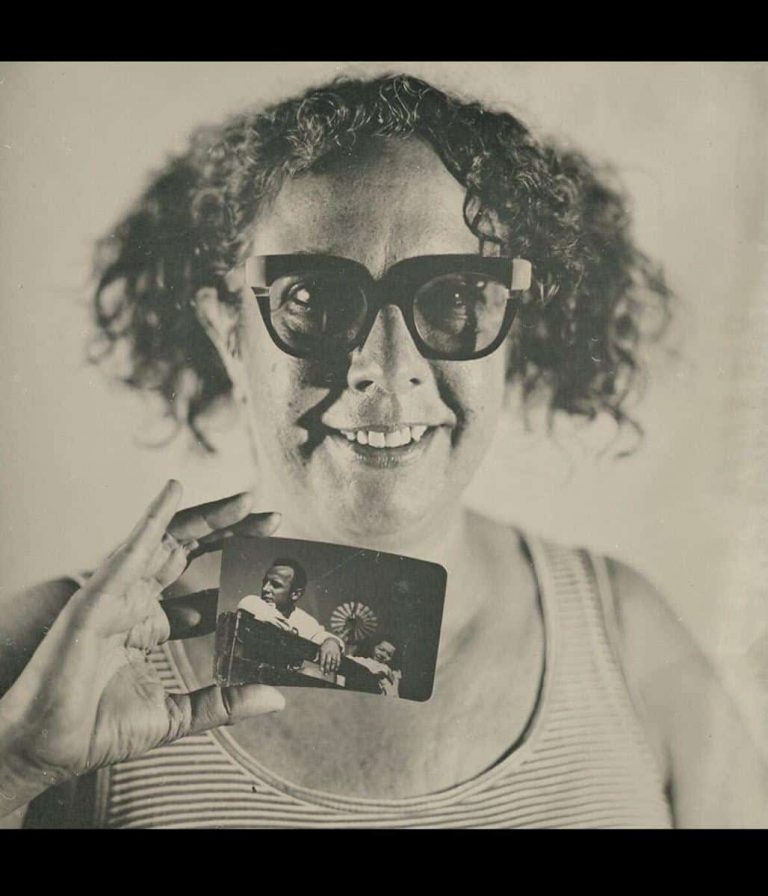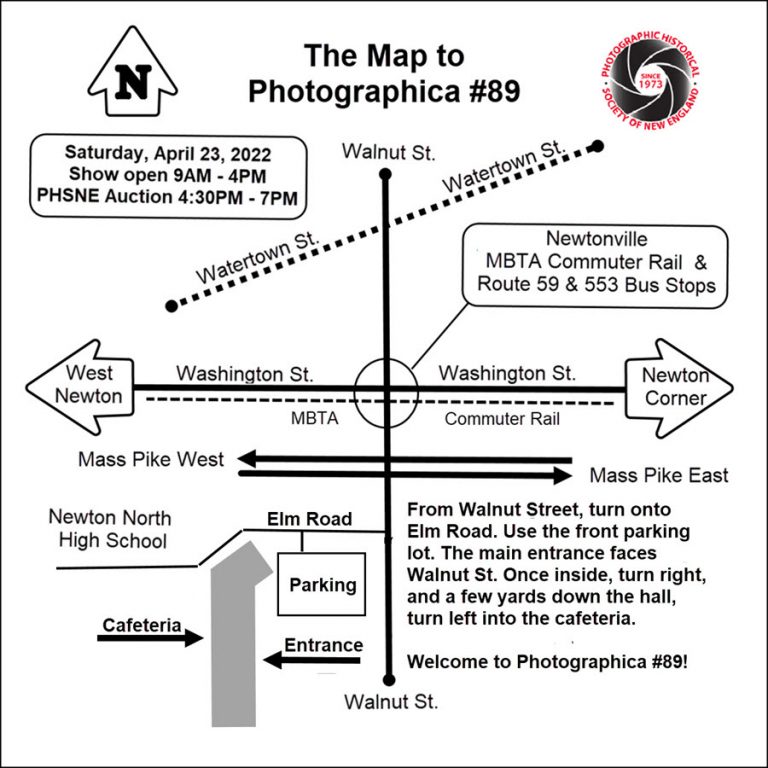PHSNE member Vladimir Khazan, a photo historian and collector, will present a history of Zeiss Ikon up to 1945, and share some of his Zeiss collection at PHSNE’s October 3, 2021, Zoom meeting.
Carl Zeiss began as a small microscope maker in 1846, and grew into a very large camera and lens manufacturing business during the first four decades of the 20th century. Following World War II, the company’s operations were split between East and West Germany.
Khazan’s interest in Zeiss Ikon originated with his first camera, which he received on his twelfth birthday. His love of photography began when his father returned from WW II with an Ikonta 4.5×6. At age ten, Khazan was playing with the camera and broke it. He was not allowed to touch the modern SLR that replaced it without his father’s supervision. “It was torture,” he writes, “but not for long.” His father taught him how to use the new camera, and when he got his Zeiss Ikon, he was ready to accept full responsibility for all family photographic chronicles.
Watch Vladimir Khazan’s Zeiss Ikon presentation at PHSNE Virtual-Meetings on YouTube
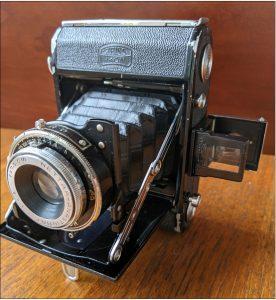
Khazan writes, “Nowadays, everyone has a camera in a pocket, but it was not always so. I belong to a generation that experienced glass plate, sheet film, 120, 35mm, Polaroid and digital cameras—progress took place very rapidly. It’s people who make that possible, which is why my presentations always include stories about enthusiastic scientists who contributed their knowledge, talents, time, and resources to move photography forward. Most of those scientists studied chemistry, mathematics, physics, engineering, philosophy, and astronomy; some were musicians or artists, and everyone was an experimenter.”
Don’t miss this engaging tour of Zeiss Ikon history, and the people and cameras which made it famous.
What the heck…
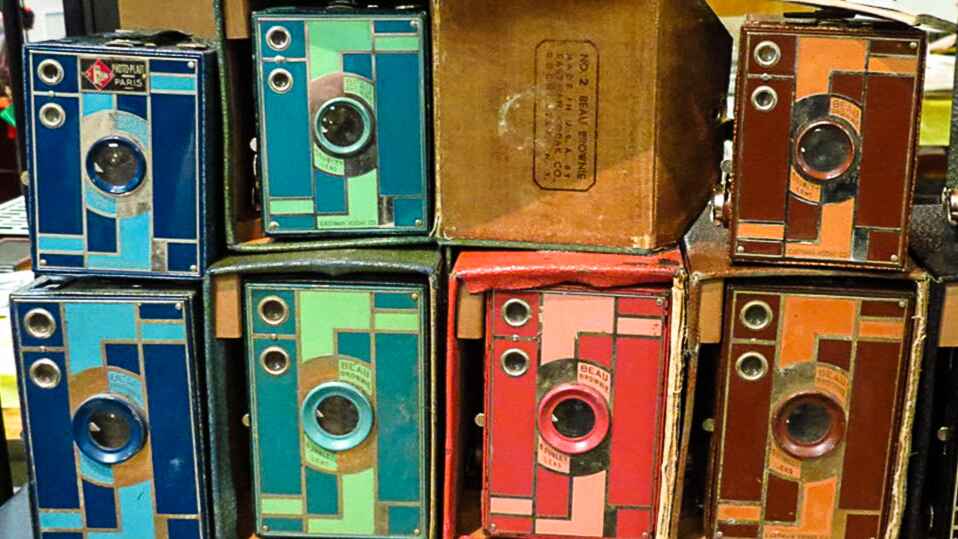
Are Those Even Cameras?!
Join the PHSNE Newsletter and learn more about photographic history and preservation. Already an expert? Come and share your collections and knowledge as we celebrate the history and advancement of photography.
